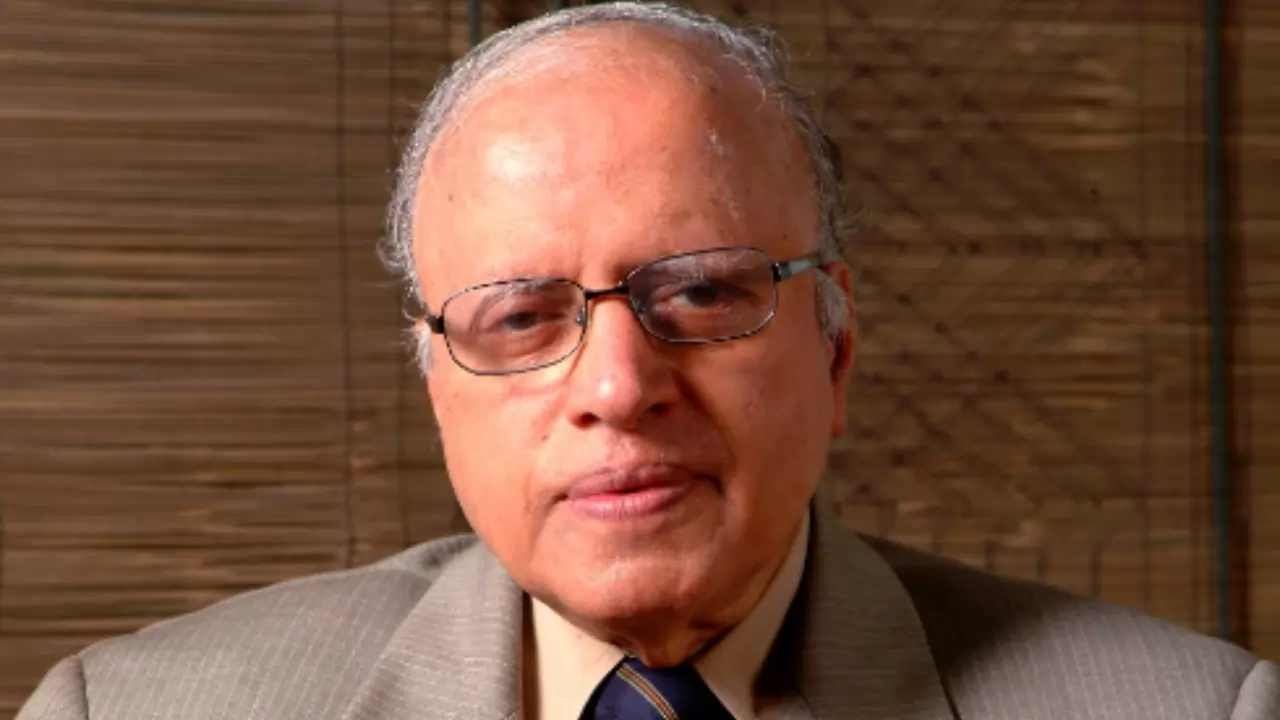
X
Dr MS Swaminathan, who sadly passed away on September 28, 2023, was a highly respected agricultural scientist and humanitarian known as the "Father of India's Green Revolution." He has been conferred with the prestigious Bharat Ratna award on February 9, 2024, by Modi government.
Here's a summary of his life and achievements:
Led India's Green Revolution: In the 1960s and 70s, Swaminathan played a pivotal role in introducing and developing high-yielding varieties of wheat and rice, significantly increasing food production and preventing widespread famine.
Global recognition: He received numerous awards, including the Bharat Ratna, the World Food Prize, and the Ramon Magsaysay Award.
Vision for sustainable agriculture: Coined the term "Evergreen Revolution" advocating for "productivity in perpetuity without associated ecological harm."
Continued contributions: Founded the MS Swaminathan Research Foundation, dedicated to sustainable agriculture and rural development.
Born in 1925, Swaminathan earned a Ph.D. in Genetics from Cambridge University.
Held various research and administrative positions, including Director-General of the Indian Council of Agricultural Research and President of the International Union for Conservation of Nature and Natural Resources. He has served as a Member of Parliament from 2007 to 2013.
Swaminathan's work transformed India from a food-deficient nation to a self-sufficient one. He also advocated for the rights of farmers and promoted sustainable agricultural practices. His legacy continues to inspire efforts towards global food security and environmental well-being.
While Swaminathan was widely recognized as the "Father of India's Green Revolution," it's important to acknowledge the collaborative nature of this movement. Many scientists, farmers, and policymakers contributed to its success.





Copyright © 2026 Top Indian News
